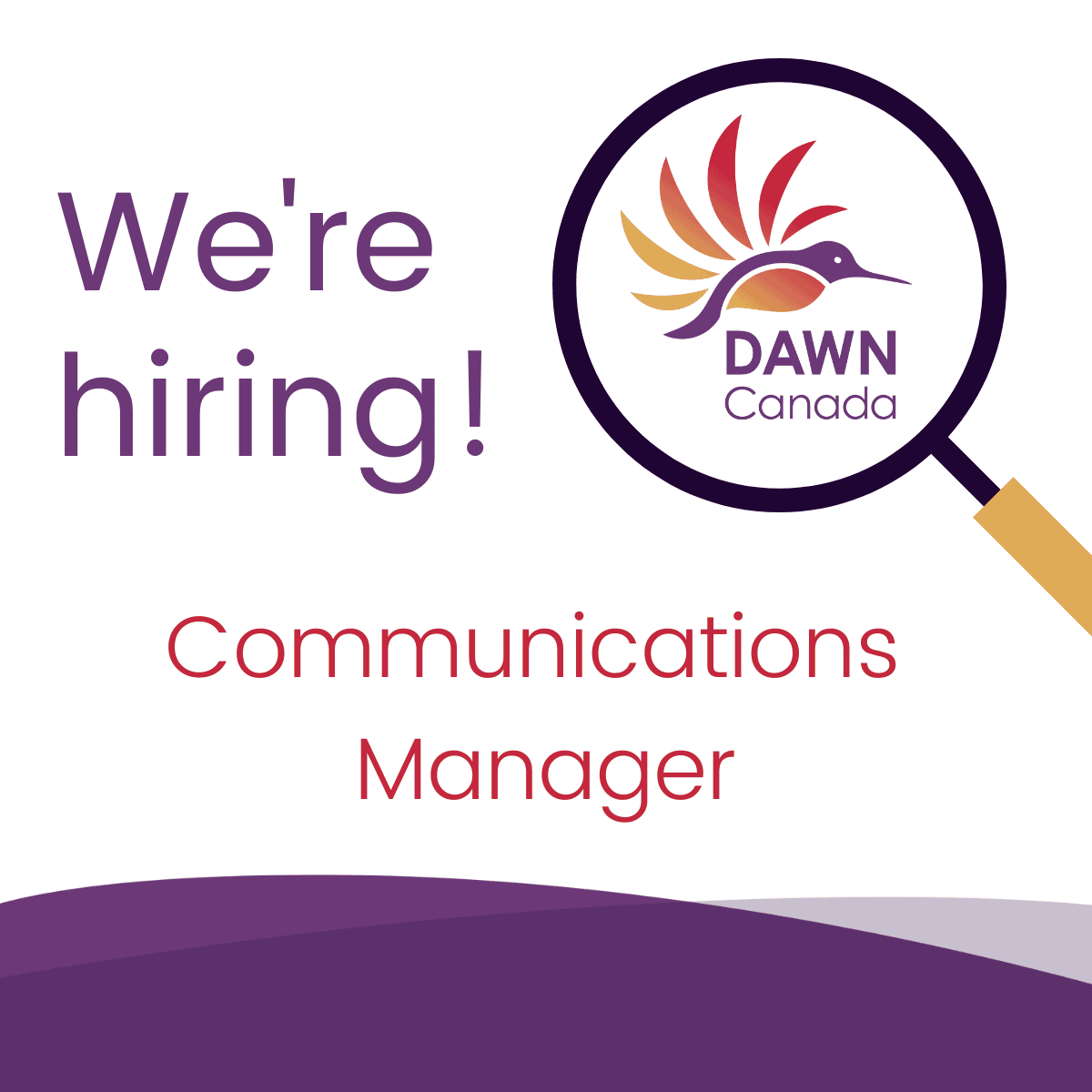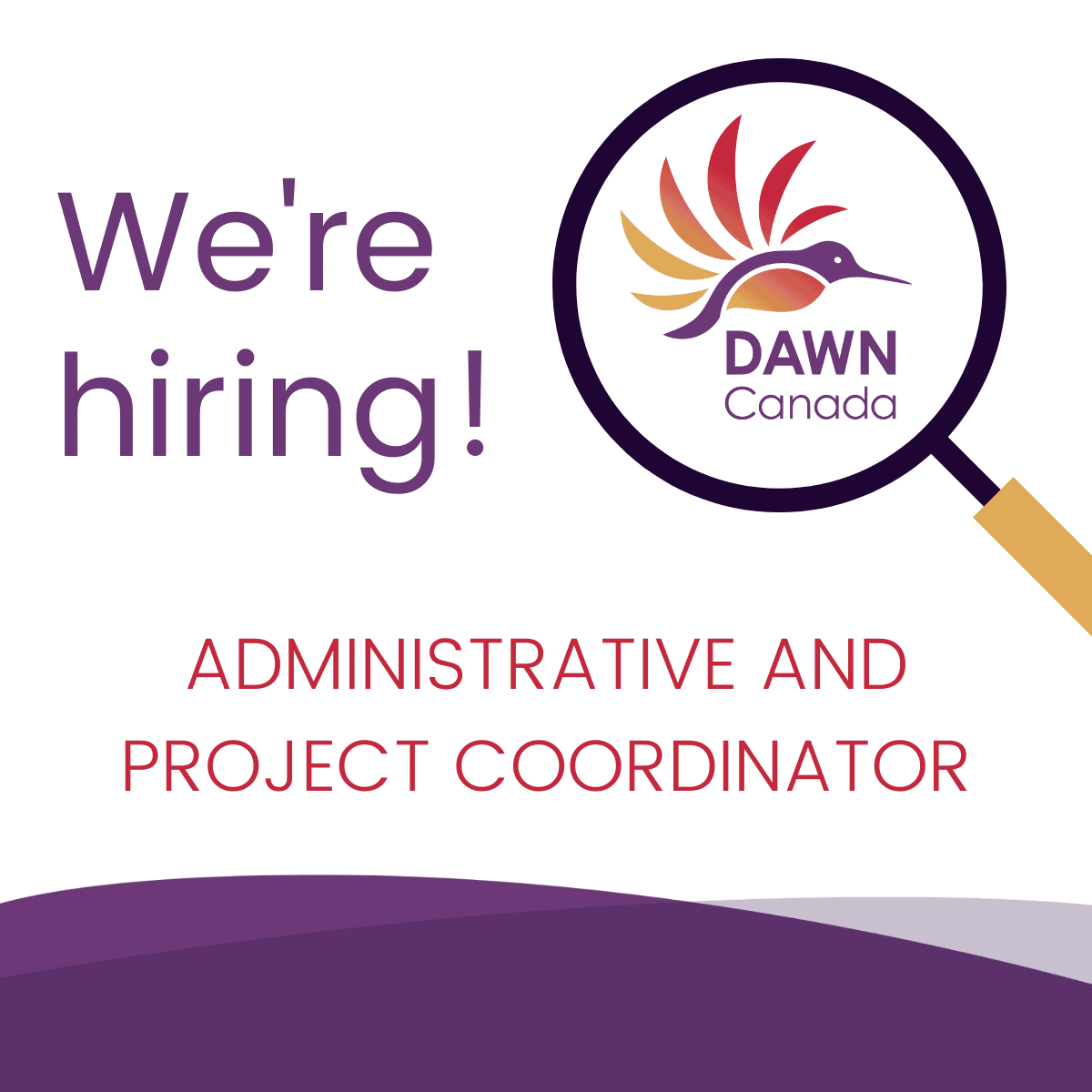
February 13, 2025
When Chimamanda Ngozi Adichie said “I became black in America” it was to me, at that time, just an interesting passing statement. I lived in a world where almost everyone looked like me, and complexion was not necessarily a conversation topic. That is until I came to Montréal, Canada. Suddenly I was also forced to take on this identity that is neither the color of my skin (for we are in reality different shades of brown) nor was it something I had strongly considered before or knew how to negotiate with. Yet here I was, suddenly expected to fit in some man-made caste and fully embrace it.
Not only did I become Black, I also became an immigrant, and not an expat which is what we call foreigners from the Global North who come to work in my country. Perhaps the label ‘expat’ does not roll too well from the tongue when applied to someone from the Global South? As if that was not enough, I also took on a new identity as an Anglophone! Who knew there would come a day when I would identify first with a language that is not my mother tongue?
I was suddenly thrust into a new phase of learning to negotiate who I was and what that meant depending on my environment, the people around me, and the context that presented itself without losing my true self. Society has a way of trying to define who we are and what we ought to be. Expectations are pre-set, and it is anticipated, even demanded that we follow along a path pre-written by others notwithstanding our unique lived experiences. But we must resist.
We all approach life from a multiplicity of realities, and with this understanding, we ought to strive to let people be their true selves. Labels are lazy. They give a supposed framework that does not demand you to actively think about whom you are interacting with. They do not leave room for you to challenge what you think you know about a certain group of people. Labeling someone as merely one thing overlooks the richness of their value and the unique contribution they make to life's harmony.
At DAWN Canada, we are privileged to actively participate in challenging and removing barriers imposed by a small fraction of society that has chosen to label people away, infecting the system with inequalities, and inequities resulting in barriers to access for all. A disadvantage to one is a disadvantage to all. The intersectional framework forces us to look beyond the surface, to uncover the overlapping realities that color people’s life experiences. To peel away the label, and interact with what is underneath.
On my end, I continue weaving who I am with where I need to be; adding color, imagination, solutions, and life around me. I continue to center ‘People First’, not the labels they carry but who they are. Standing on the shoulders of those who have gone before me, like the formidable Nobel laureate Wangari Maathai, “I am a hummingbird, delivering a drop at a time to quench the forest fire”. When I find myself the only one in the arena representing those who look like me, are like me, or with whom I share identity in one way or another, I must dare greatly. Inaction is not an option. I must lend my voice to those not seated at the negotiating table.
Life is an art of negotiation. And we must learn how to navigate the curves, bends, highs, lows, good, bad, and everything in between every day. How we act, react, and relate must be pliable, allowing us to be fully present in our truest selves while meeting others exactly where they are.
This Black History and African Heritage Month 2025, in the words of Justice Ketanji Brown, do not let the views of other people be the defining thing in your life. Stand in the knowledge of who you are, and make that shine through. Do not let any label imposed on you limit the path you want to take in all areas of your life. Be bold in your pursuits, do not minimize yourself to fit into people’s expectations. Build community and allow others to advocate for you; there is nothing wrong with needing a little help. Be an advocate, and empower those around you.
As for me, if we met on the streets and you said, “Aaah, you’re from Africa!” I would immediately follow that up with a smile and say “Yes, I’m from Kenya”. I am the daughter of Yatich, from the Kabarkesen clan, Kimoi Sekemiat, a people of the Tugen hills, the land of Kalenjins.


